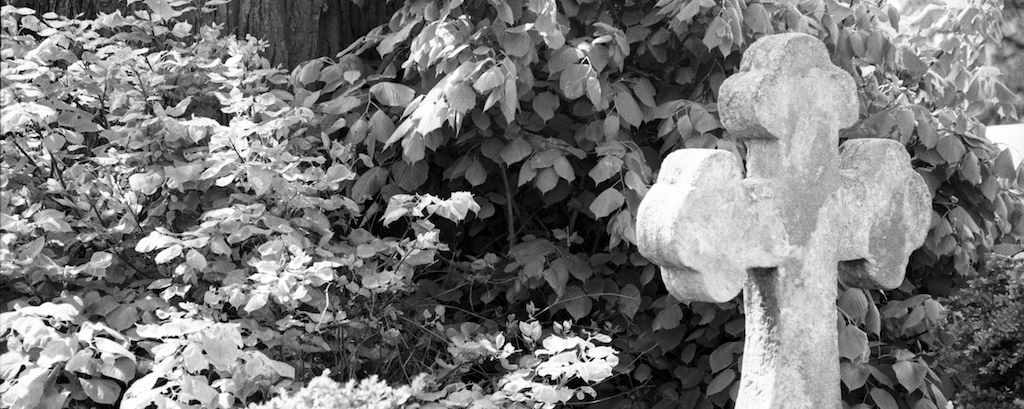Last year I offered a suggested reading list of six Christian classics (see it HERE) in order to introduce readers to our great Christian literary heritage and asked simply that you commit before the Lord to read those books. A number of folks did just that, with wonderful results for their lives — having their faith strengthened, their hope renewed, their endurance encouraged, their thinking challenged, and their love of God and his Church deepened.
So, still with some trepidation, I offer for your reading pleasure and further spiritual growth the reading list for 2008:
(JANUARY-FEBRUARY) Francis Schaeffer’s True Spirituality — What does true, biblical, Christian spirituality, grounded in Christ’s finished work, look like in real, everyday life? How do we live our Christian lives both more effectively and freely, every moment, by the grace of God? These are the sorts of issues Schaeffer characteristically helps us think more clearly and biblically about. Read this book carefully and thoughtfully and it will have a profound effect on your life.
(MARCH-APRIL) Jonathan Edwards’s The Life and Diary of David Brainerd — David Brainerd was a passionate, self-denying, praying man of God, who said on his 24th birthday, “I hardly ever so longed to live to God and to be altogether devoted to Him; I wanted to wear out my life in his service and for his glory ….” That would have been in 1742. In 1743, he gave himself wholeheartedly as a missionary to Native Americans in the northeast. In the fall of 1747, he died of tuberculosis. He was 29 years old. This is a book that will convict our lack of prayer and ignite in us a spirit of prayer.
(MAY-JUNE) J. Gresham Machen’s Christianity and Liberalism — The title says it all: theological liberalism is not the same thing as Christianity! That’s the case Machen argues, and this is a classic book in the great battle for Truth and the true Faith once and for all delivered to the saints.
(JULY-AUGUST) Harry Blamires’s The Christian Mind: How Should a Christian Think? — Blamires was a student of C. S. Lewis and offers to us in this book the basics of a Christian worldview and an understanding of how being a Christian affects the way we think about all kinds of things. Foundational reading!
(SEPTEMBER-OCTOBER) Os Guinness’s When No One Sees: The Importance of Character in an Age of Image — An exploration on how to change the ways we live for good. Chapters include “The Importance of Character,” “Character in the Crucible,” “Cultural Erosions of Character,” “Spiritual Foundations for Strong Character,” and “Heroes of Character.”
(NOVEMBER-DECEMBER) Paul Little’s Know What You Believe — This book is a wonderful summary of the basics of the Christian faith. You might also want to follow this reading with his next, entitled Know Why You Believe.
Once again, this offers a very “do-able” schedule of one book every two months. I encourage you to take the plunge into our greater Christian literary heritage, this aspect of “the communion of the saints,” to hear the instruction of those who’ve gone before us, and then faithfully to pass it on to those who follow.
